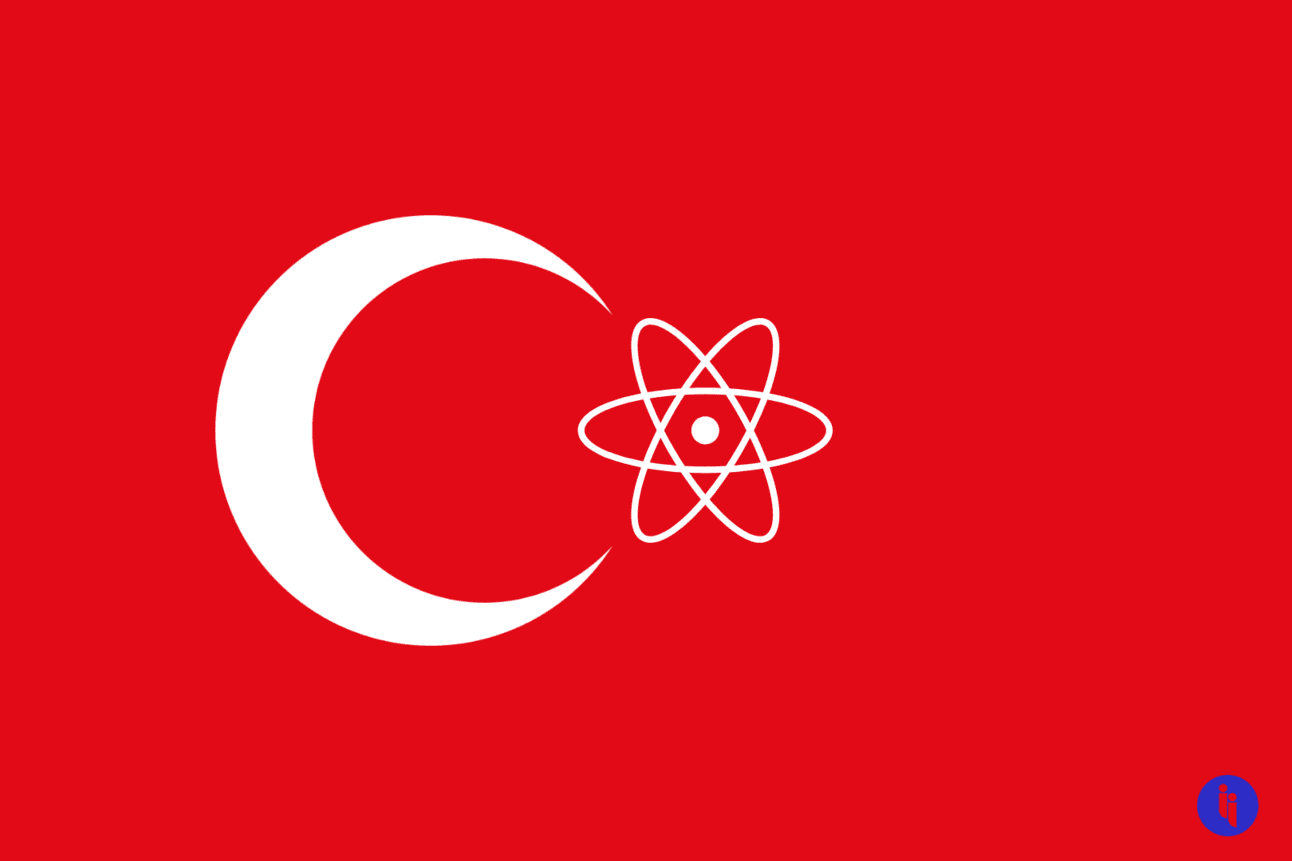Turkey and China are reportedly (🇹🇷) in the final stages of their decade-long negotiations to build a nuclear power plant in Turkey.
Russia is already building Turkey’s first plant (it’s expected to come online next year). And South Korea and Russia are in the mix to build Turkey’s second plant. So this proposed China-built plant would be Turkey’s third.
Ankara has a range of interests at play here. It wants to:
Stay on top of your world from inside your inbox.
Subscribe for free today and receive way much more insights.
Trusted by 99,000+ subscribers
No spam. No noise. Unsubscribe any time.
- 🛢️ Cut its spending on oil and gas imports ($80B last year)
- 🌱 Hit its 2053 net zero target, while
- ⚖️ Avoiding becoming reliant on any single energy supplier.
For nuclear exporters like China, Russia, Korea, and France, it’s all about:
- Income: Russia says it now has $200B in foreign orders
- Leverage: Sellers not only lock in lengthy fuel and maintenance contracts, but can continue to own and operate the plant itself
- Prestige: Only a few countries have the wherewithal to build plants
- Industry: Some players (like Korea) have limited nuclear demand at home, meaning their industries must grow abroad or die, and
- Competition: It boosts the influence of US rivals (like 🇷🇺 and 🇨🇳), who contrast their own ability to deliver with that of the West.
So the stakes are high. And these deals are playing out everywhere. Russia claims a 70% global market share, with 70 projects (MOUs, research, and full plants) across 30 countries from Rwanda to Bolivia.
Intrigue’s take: NATO doesn’t really prevent members (like Turkey) from partnering with strategic rivals (like Russia and China) on key tech (like nuclear). But this likely Turkey-China deal will play into the ongoing debate around Turkey’s increasingly multi-aligned approach to the world.
And yet the thing is… Turkey is hardly alone. It feels like this same story is playing out on almost every continent, across almost every industry: the brief post-Cold War order is fading away, and capitals are hedging their bets on what’s next.
Also worth noting:
- While looking to import nuclear tech from China, Turkey is exporting its own drone tech to Taiwan.
- Russia supplies half of global demand for enriched uranium, including to buyers in the US and Europe. Russian executives are under sanctions, but not the Russian nuclear sector itself.







